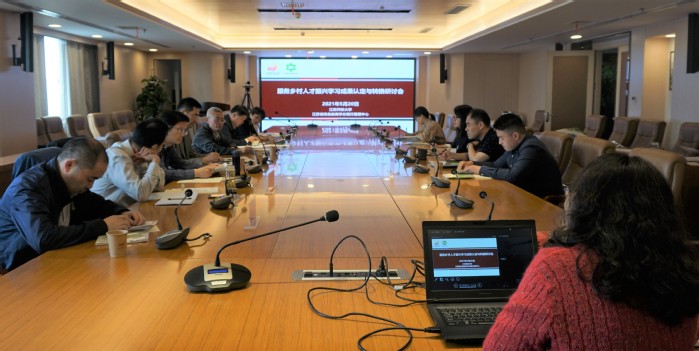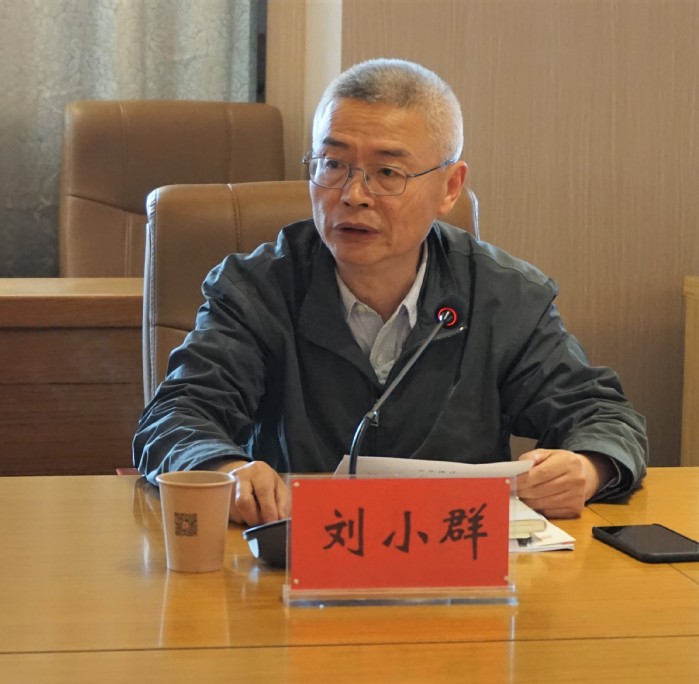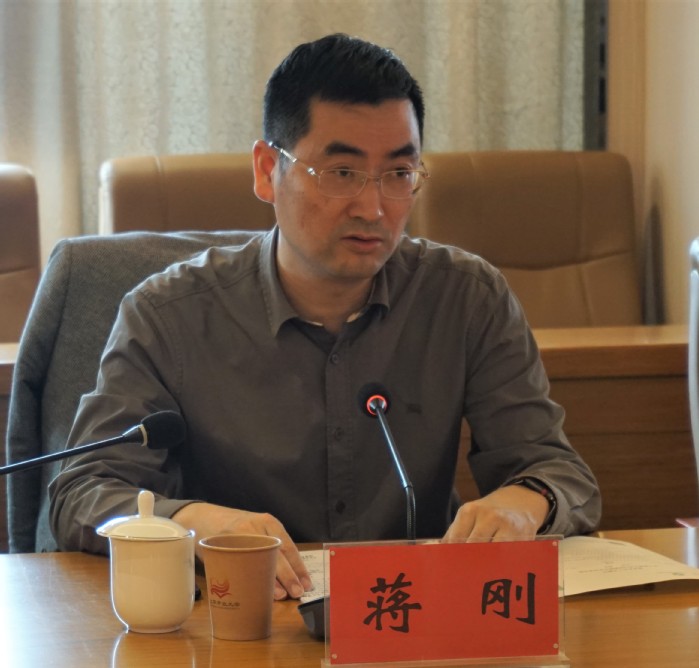In order to implement the "Opinions on Accelerating the Revitalization of Rural Talents" issued by the General Office of CPC Central Committee and the General Office of State Council and help improve the project of Improving Educational Quality for Rural Talents, JSOU held a seminar on recognition and transfer of learning results for serving revitalization of rural talents on May 20th.
Liu Xiaoqun, president of Jiangsu Provincial Talents Society, Jiang Gang, secondary investigator of Jiangsu Human Resources and Social Security Department, Feng Qiaogen, professor from Nanjing University, Zhao Hui, professor from Nanjing Normal University, Liu Zuyun, professor from Nanjing Agricultural University and Chen Jian, deputy president of Jiangsu Provincial Talents Society were invited to attend the seminar. Zhou Xiaojun, dean of JSOU School of Business, Zhang Lu, deputy dean of JSOU School of Marxism and Wang Yang from JSOU School of Public Administration also attended the seminar.
Liu Xiaoqun said that at present, the Party and government attached great importance to the revitalization of rural talents. Therefore, it was the key period for credit banks to seize the opportunity and systematically design the transfer system of lifelong learning results. It was also high time to cooperate with related government departments and use modern information technology to serve the rural revitalization and cultivate applied talents for the revitalization.
Zhang Xuan, director of Jiangsu Lifelong Education Credit Bank Administrative Center introduced the preparatory work for establishing the system in detail. She also invited the experts to express specific suggestions on it.
Jiang Gang shared the innovative experience in evaluating talents and experts from the perspective of rural revitalization. He considered the recognition and transfer of learning results for rural revitalization talents quite forward-looking, which could be a feasible method to broaden their career development.
On the seminar, experts put forward valuable suggestions from their own professional fields to the Improving Educational Quality for Rural Talents project. They all agreed that the recognition, accumulation and transfer of learning results for rural learners would play a constructive role in boosting rural revitalization.



